By Wr. Dismas Okombo
Yesternight when I saw Twinomugisha shuffle the cards as if the deck was an extension of her arms, I outrightly realized I was to suffer thorough thrashing at poker. ‘You’ve got to know when to hold ’em, know when to fold ’em, know when to walk away.’ Definitely this was the time to walk away. But my chi [personal god] was busy at work. Just when she began to deal with the cards, lights went off. In exasperation, she exhaled, ‘Aaaah!’, I whispered fervent prayers of gratitude. When in the darkness I tiptoed upstairs to bed, I tasked myself to always make up ingenious excuses the next time a game of poker is mentioned.
In the morning the electricity was still out. And so, to distract my mind from the catastrophic possibility of having to use cold water for a bath, I picked up Nairobi Noir and idled with Faith Oneya’s short story. Thirty minutes to ten am, time for culture class, still no electricity. I decided to head for breakfast first; anything to fill the time-space till electricity comes back. Five minutes to culture class, no electricity yet. Kolabomi, the moderator for the class, already sharp in his afro-shirt; the cameras ready to roll. It was time for intervention, ‘passport’; I poured water on my head and limps, changed into fresh clothes and, after winking to my reflection in the mirror, joined the class.
In this session, which lasted for two hours, the importance of culture in literature was extensively discussed. From diverse points of view and from numerous cultural instances presented, the residents discovered that a people’s culture provides the setting to their literature. And that literature [oral or written] which fails to integrate its people’s culture is empty. After this point had been accepted, using the Nigerian’s Bassa-Komo cultural practice of killing twins, Kolabomi demonstrated to the class the best perspective in approaching some of the Afrikan cultural practices considered ‘barbaric’.
Foremost, the Afrikan narrator is tasked to give the context of the cultural practices. “In the cultures where the twins were killed, the women there had narrow cervixes. Thus, leading to complications during birth. And often, to mothers’ death. On observing this, the people formed the notion that twins were cursed.” Kolabomi had expounded. And later in the session when he added: “Putting the cultural practices into context dispels the fallacy that our ancestors were irrational humans.”, I thought of the eighteenth-century witch-hunt in Germany and England. Just as every other human in any part of the world, our ancestors possessed the desire to understand the world around them and find their place in it.
After putting the cultural practices into context; showing why it was done, the Afrikan narrator now has to endeavor to bridge the gap between the old and the new. This creates a sense of continuity to the Afrikan identity. Here the bible example was used; while there exist numerous practices in the old testament that appear ‘barbaric’, the new testament obliterates these practices while still maintaining continuity to the story of the Abrahamic people. In this age of great milestones in the medicine sector, safe delivery for women with narrow cervixes is possible. The writer is to take on the duty of advocacy; show why twins shouldn’t be killed. During supper, the discussion on culture continued; the Masai’s and their beautiful shukas, the graceful dance moves of the Banyankole, the Swahili tasty recipes.
To summarise the day; evidently, most aspects of the Afrikan cultures are beautiful. These, the Afrikan narrator is tasked with their preservation. And for those that the light of civilization has revealed their ugly shadows, like female genital mutilation, the Afrikan narrator must advocate against. But not in vain advocacy, but by strategically showing why they were done, why they shouldn’t be done and further, proposing wholesome practices to take their place. Kenny Roger’s The Gambler lyrics are playing in my head again: ‘You’ve got to know when to hold ’em, know when to fold ’em, know when to walk away.’
In the evening when electricity returned, we danced to the romantic Luo love songs. The cold is piercing, I will bathe tomorrow. With or without electricity, it’s the first in my morning to-do list.
The writer is an incubate of Writers Guild Kenya and current participant in the PenPen Writers Residency Program. Email-writerdismas@gmail.com

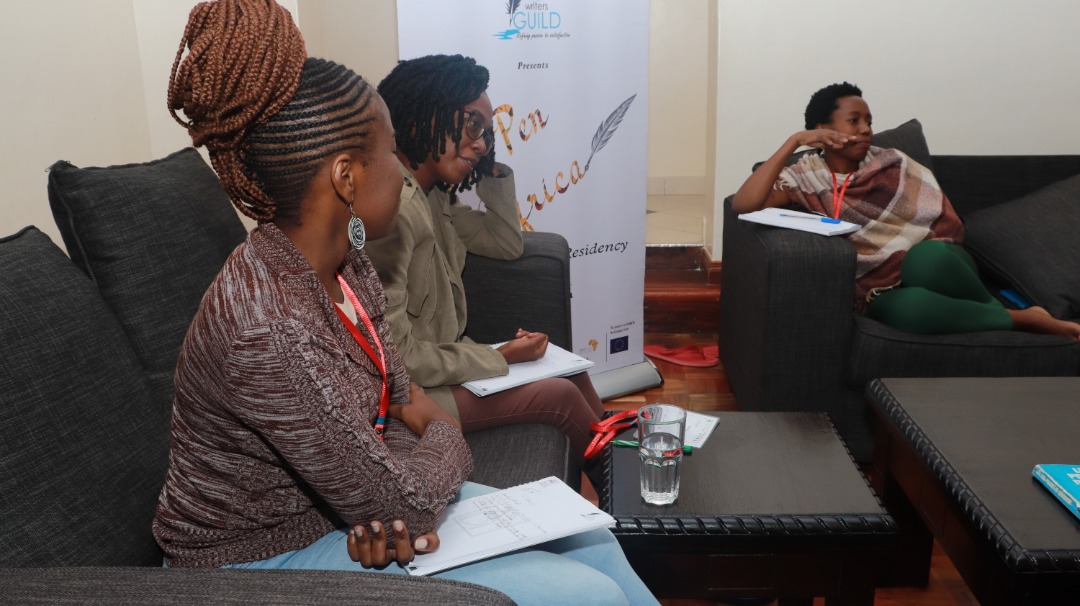
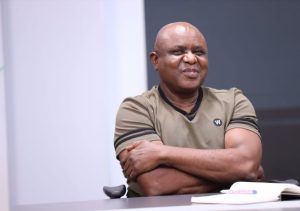
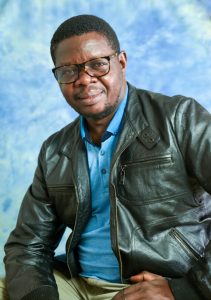
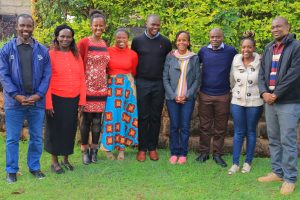
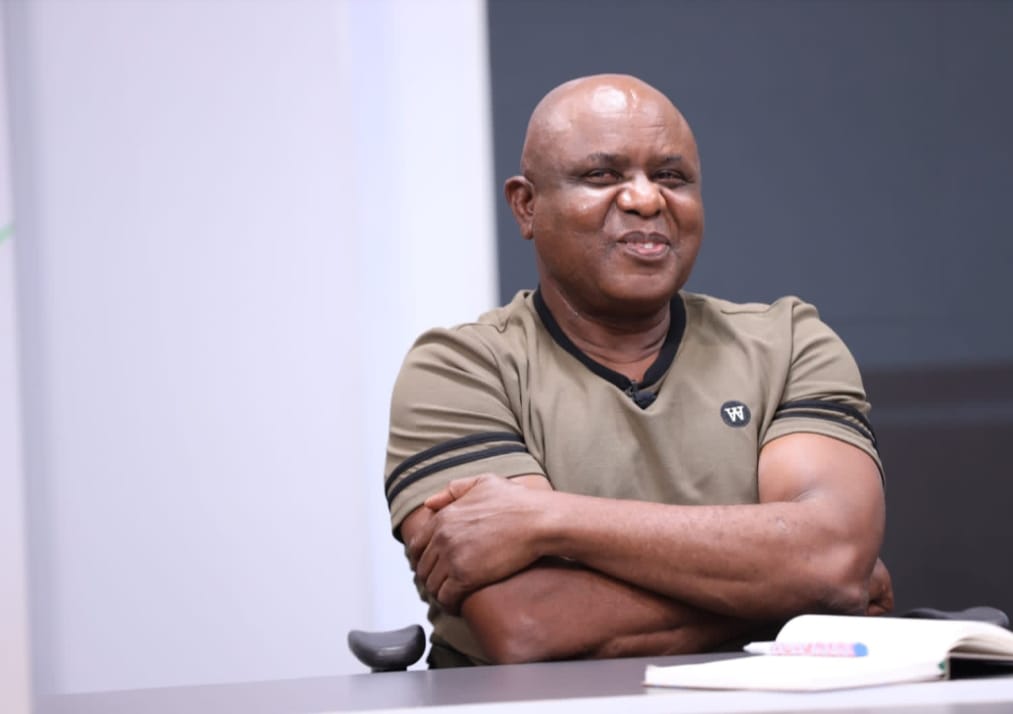
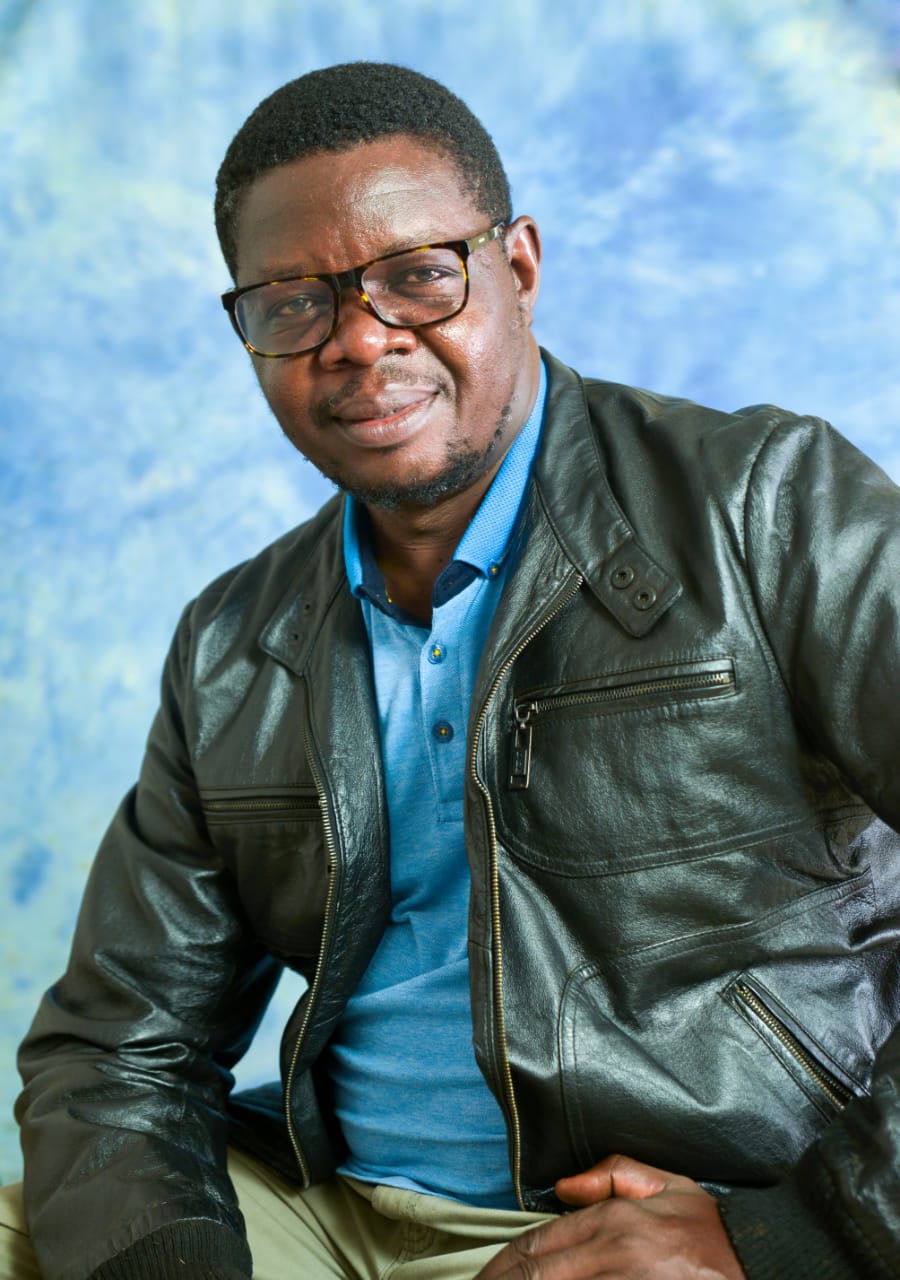
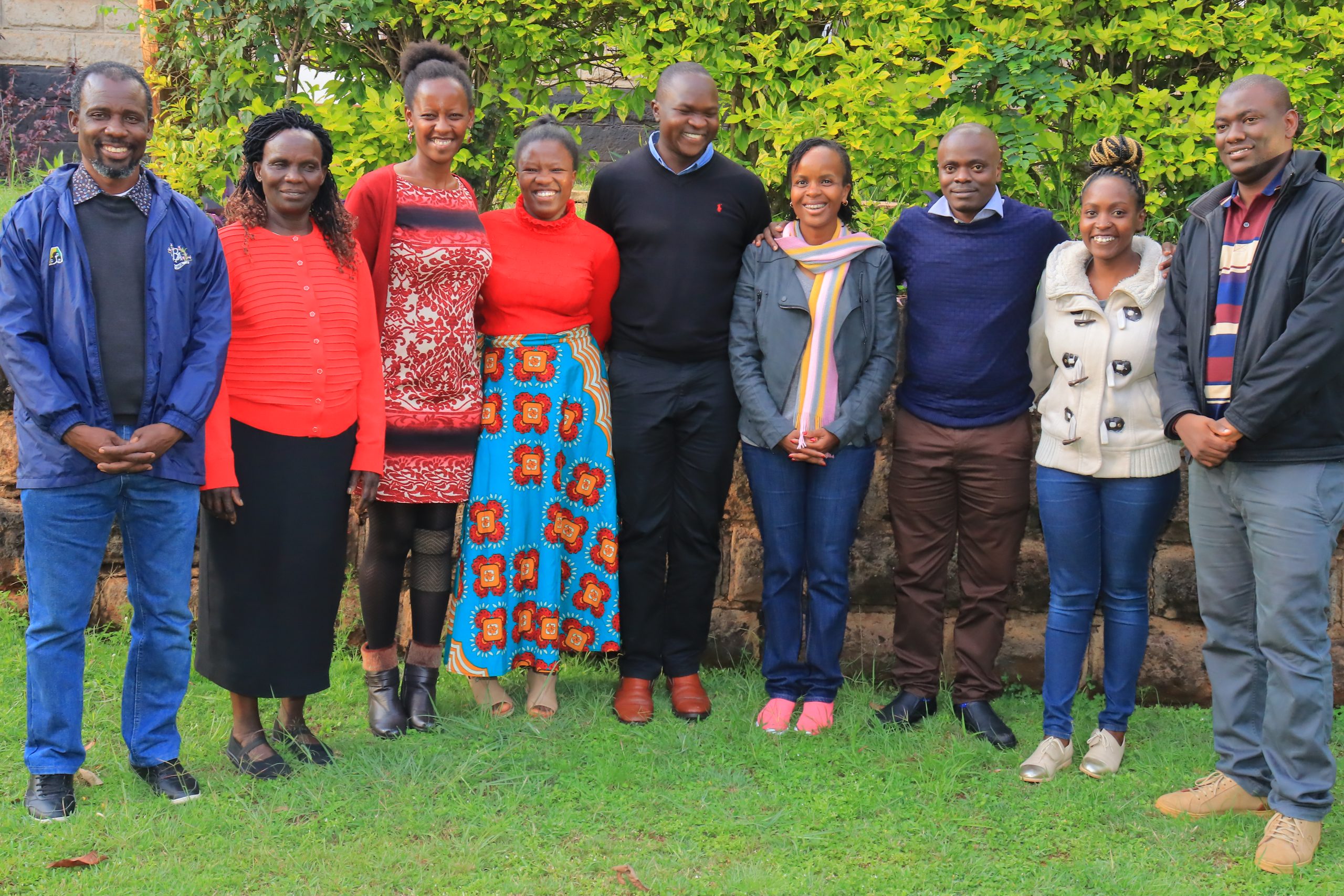

4 thoughts on “#Day2: The Task of an Afrikan Narrator”
Nice write-up
Gracias Fatimah, I am glad you passed by.
You guys are having so much intellectual fun
The residency is indeed interesting. I’ll keep you updated.
Thank you Adekola.